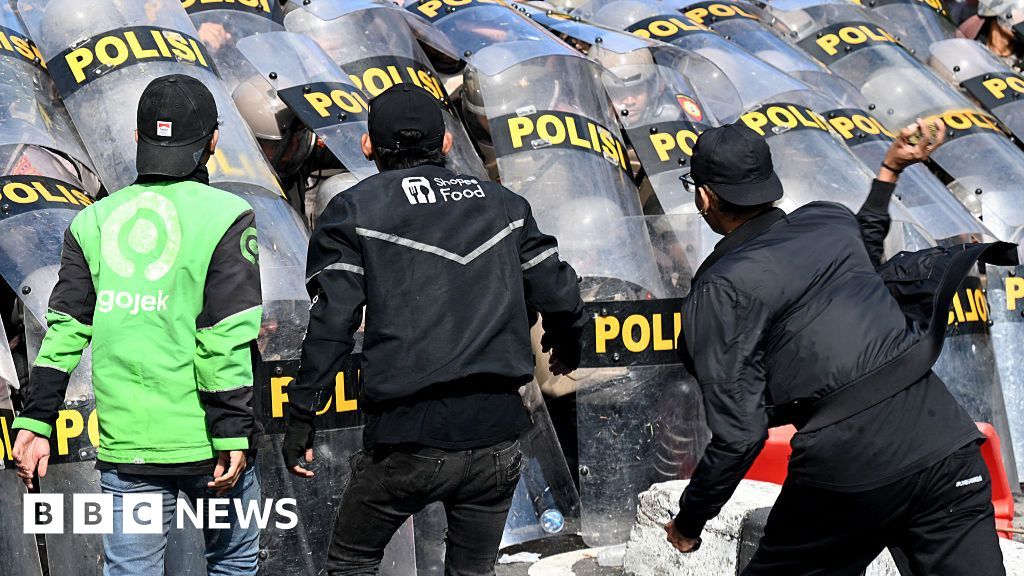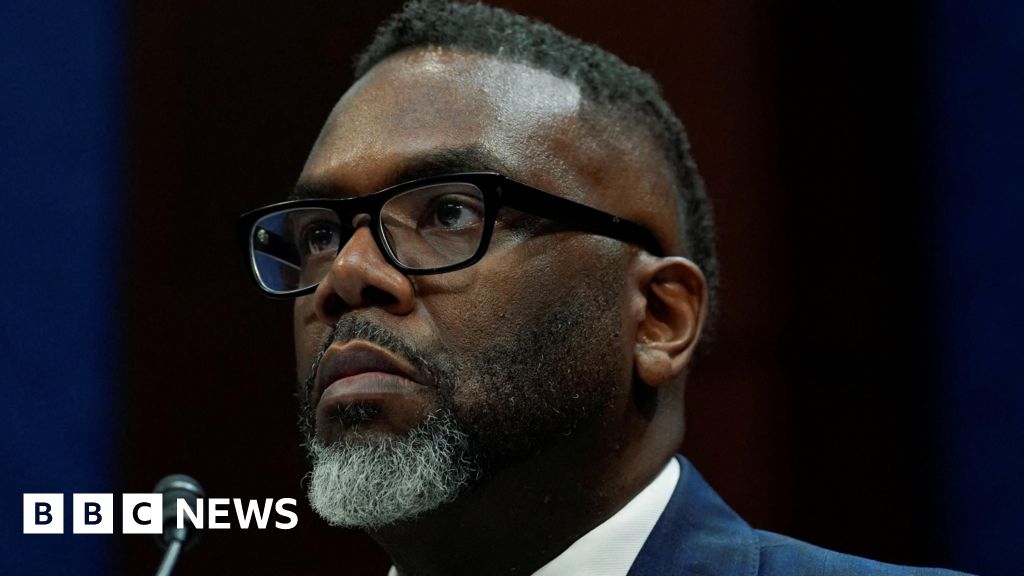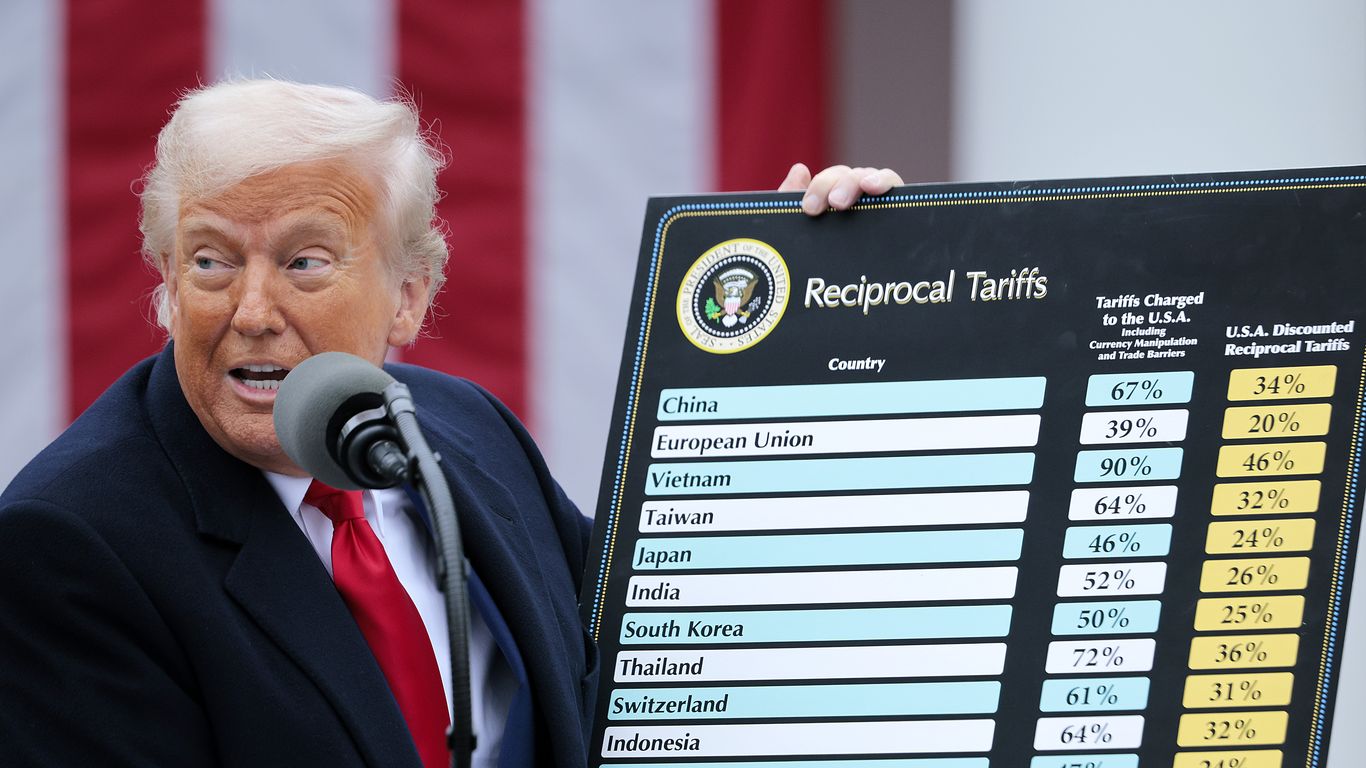Former New York Mayor Giuliani Hospitalized After Car Crash

Introduction
Former New York mayor Rudy Giuliani has been hospitalized with multiple injuries after a car crash on a New Hampshire highway. According to authorities, the car Giuliani was traveling in was struck from behind, causing him to suffer a fractured vertebra. This news comes as a shock to many, as Giuliani is a well-known figure in the political world and has been actively involved in the Trump administration.
Details of the Accident
The car crash occurred on a busy highway in New Hampshire, where Giuliani was attending a political event. The car he was in was struck from behind, causing him to suffer a fractured vertebra. Witnesses at the scene reported seeing the car being hit with great force, leading to serious injuries for Giuliani. The driver of the other vehicle involved in the crash was taken into custody and is currently being investigated for potential negligence.
Implications and Recovery
This accident has raised concerns about the safety of political figures and the need for increased security measures. Giuliani is currently being treated at a nearby hospital and is expected to make a full recovery. However, this incident serves as a reminder of the dangers of being in the public eye and the potential risks that come with it. The Trump administration has issued a statement expressing their well wishes for Giuliani's speedy recovery.
About the Organizations Mentioned
Trump administration
The **Trump administration** refers to the executive branch of the U.S. federal government during Donald J. Trump’s presidency, initially from January 20, 2017, to January 20, 2021, and resuming with his second term starting in 2025. It was characterized by a mix of aggressive domestic policies, significant judicial appointments, and a distinct foreign policy approach that emphasized "America First" principles[4][8]. The administration’s key activities included **tax reform**, notably passing the $3.2 trillion Tax Cuts and Jobs Act, which represented the largest overhaul of the U.S. tax code in decades[5]. Trump also renegotiated trade agreements with major economies including Mexico, Canada, China, Japan, and South Korea, prioritizing bilateral deals over multilateral ones such as the Trans-Pacific Partnership (TPP), which the administration withdrew from early on[1][2]. The administration sought to protect American jobs by restricting cheap foreign labor and influencing agencies like the Tennessee Valley Authority to retain American workers[5]. On the judicial front, the Trump administration appointed over 200 federal judges, including three Supreme Court justices—Neil Gorsuch, Brett Kavanaugh, and Amy Coney Barrett—shaping the judiciary for years to come[4]. These appointments were among the most significant achievements, influencing U.S. law on multiple fronts. In foreign policy, the administration pursued a controversial agenda: it imposed travel bans on several predominantly Muslim countries, withdrew U.S. troops from northern Syria, and supported Saudi Arabia militarily despite congressional opposition related to the Yemen conflict[1][3]. It also fostered new international technology alliances, such as securing commitments from allies to exclude Chinese telecom giant Huawei from 5G infrastructure and signing AI cooperation agreements with the UK[5]. The Trump administration faced substantial political turmoil, including two impeachments by the House of Representatives—first in 2019 over Ukraine dealings, and again in 2021 following the January



















